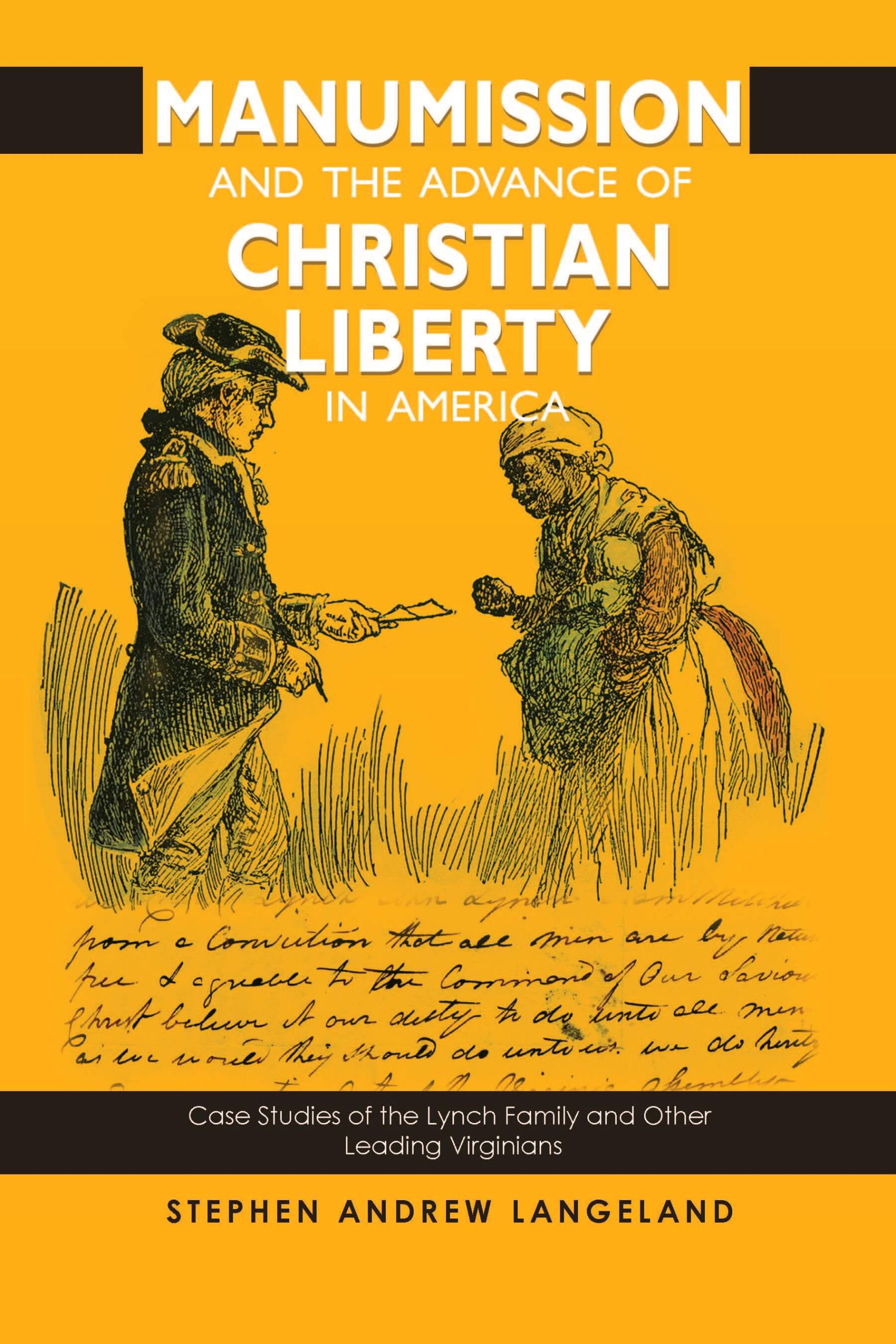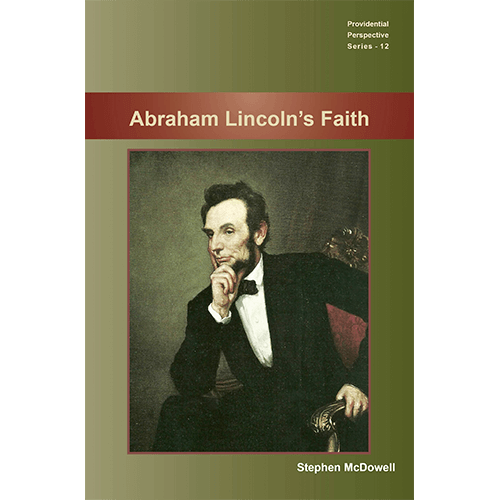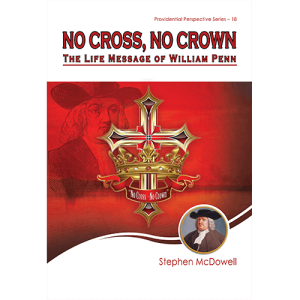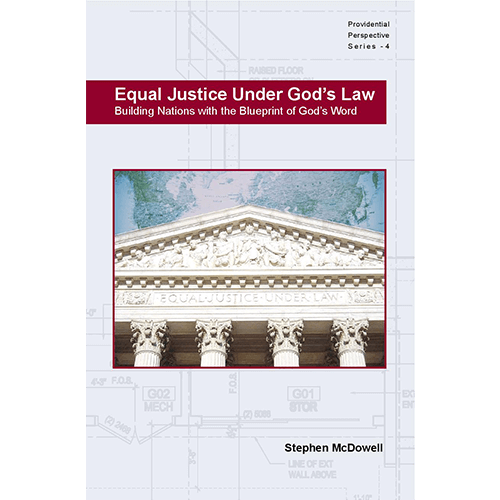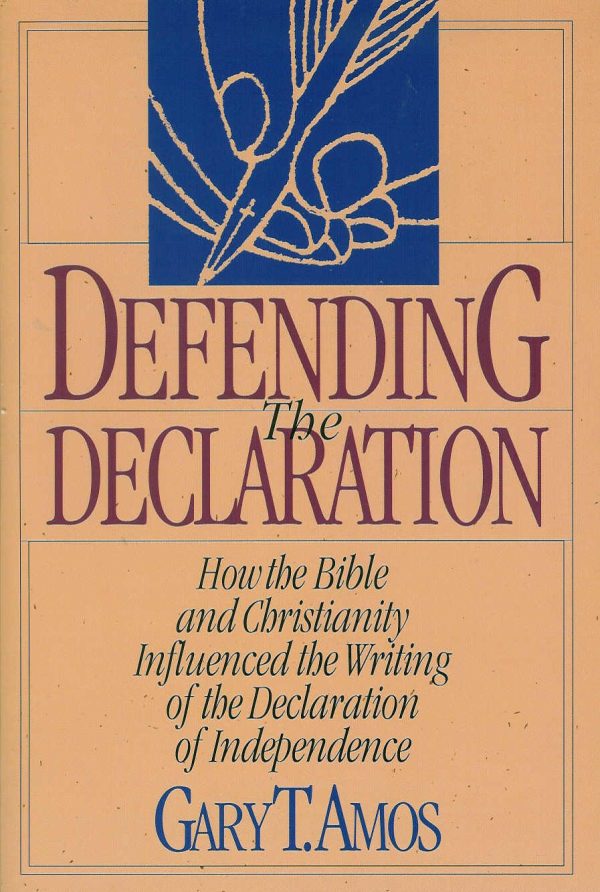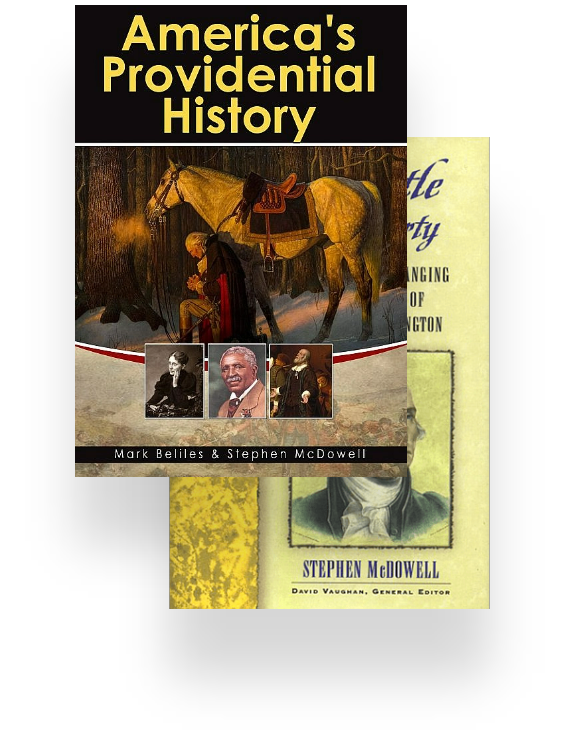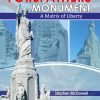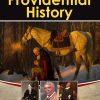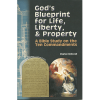Manumission and the Advance of Christian Liberty in America
Manumission and the Advance of Christian Liberty in America
Description
Case Studies of the Lynch Family and Other Leading Virginians
by Stephen Andrew Langeland
While many modern proponents of revisionist secular history present America as a fundamentally racist nation, with slavery as its original sin and its founders as hypocrites for advocating liberty while owning slaves, the truth is that the Founders of America took greater steps to abolish slavery than any other group of people up until their time. They ended the slave trade, outlawed slavery in eight northern states, and forbid slavery in the Northwest Territory and new states formed therein. While a small minority of early Americans owned slaves, many that did liberated them through manumission.
Manumission refers to the voluntary act of freeing a slave. Just a few short months after the British surrender at Yorktown, the Virginia General Assembly passed an act allowing for the private manumission of slaves, an action highly restricted under colonial rule. The motivation of each slave holder to free their slaves varied from one individual to another; however, in every case this action was completely voluntary. Virginians of all statuses manumitted slaves, from humble Quakers to Founding Fathers. Many manumission documents show an individual slave being freed, while the largest documented manumissions freed almost 500 individuals. This manumission movement was inspired by Biblical scripture, natural rights, and newly secured liberty. Thousands of enslaved people were freed in this manner throughout Virginia during the 80 years prior to the Emancipation Proclamation, giving us a glimpse of an alternate path to a peaceful end to slavery in the United States.
paperback, 52 pages
Description
Case Studies of the Lynch Family and Other Leading Virginians
by Stephen Andrew Langeland
While many modern proponents of revisionist secular history present America as a fundamentally racist nation, with slavery as its original sin and its founders as hypocrites for advocating liberty while owning slaves, the truth is that the Founders of America took greater steps to abolish slavery than any other group of people up until their time. They ended the slave trade, outlawed slavery in eight northern states, and forbid slavery in the Northwest Territory and new states formed therein. While a small minority of early Americans owned slaves, many that did liberated them through manumission.
Manumission refers to the voluntary act of freeing a slave. Just a few short months after the British surrender at Yorktown, the Virginia General Assembly passed an act allowing for the private manumission of slaves, an action highly restricted under colonial rule. The motivation of each slave holder to free their slaves varied from one individual to another; however, in every case this action was completely voluntary. Virginians of all statuses manumitted slaves, from humble Quakers to Founding Fathers. Many manumission documents show an individual slave being freed, while the largest documented manumissions freed almost 500 individuals. This manumission movement was inspired by Biblical scripture, natural rights, and newly secured liberty. Thousands of enslaved people were freed in this manner throughout Virginia during the 80 years prior to the Emancipation Proclamation, giving us a glimpse of an alternate path to a peaceful end to slavery in the United States.
paperback, 52 pages


